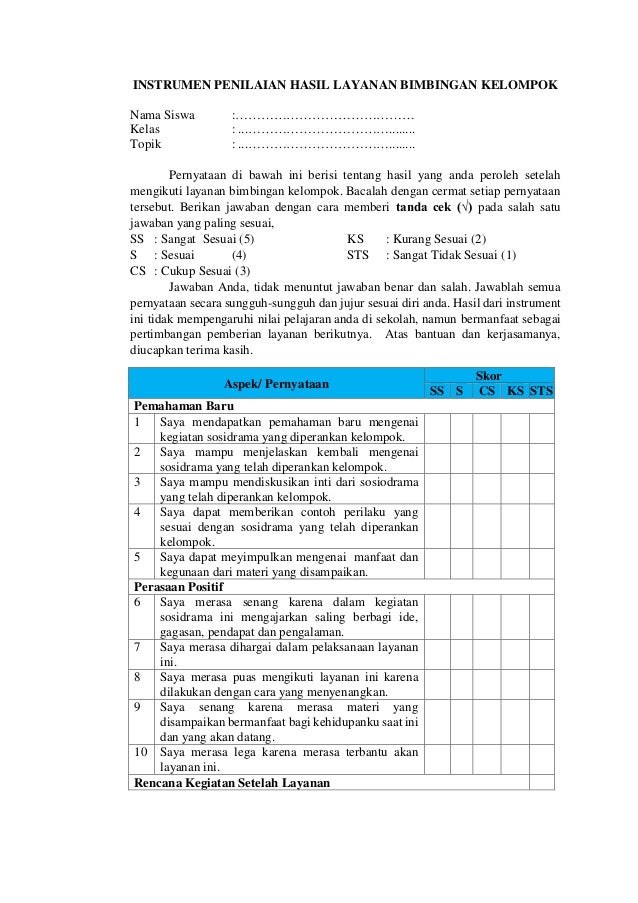

RussiaĪ buildup of Russian troops near Ukraine has opened a broader confrontation over Europe’s security architecture. Xi’s vision of technological self-sufficiency, economic security, and social harmony-to make China strong-will collide with intensifying pushback from the West, an exhausted growth model, an overleveraged and unbalanced economy, and a rapidly aging population-and at a time when COVID-19 variants continue to circulate.

China at homeĪn increasingly burdensome “zero-COVID policy” (see Risk #1) and President Xi Jinping’s reform plans will unsettle markets and companies in 2022. presidential election can be broken and a constitutional crisis will result. If he is defeated by a Democrat, a Republican House could vote to overturn state-level election results, but a Democrat-controlled Senate would limit the fallout.īut if Republicans win both the House and Senate this November, if Trump responds to possible defeat in 2024 by challenging the result, and if state-level officials submit alternative certifications that Republican congressional majorities accept, the 2024 U.S. Donald Trump is signaling he will run for president in 2024. More important is what the midterms mean for the 2024 presidential election. Biden’s impeachment will lead the GOP agenda and public trust in American political institutions will take an even larger hit. If so, Democrats will view GOP control as the illegitimate result of a voter-suppression campaign, and Republicans will see victory as further evidence of 2020 election fraud. In November, Republicans will almost certainly win back majority control of the House of Representatives-and maybe the Senate.
CONTOH ANGKET EVALUASI PROGRAM ADALAH ISRAEL HOW TO
As tech firms and governments fail to agree on how to protect data privacy, cyber-security, and the safe and ethical use of artificial intelligence, U.S.-China (and, to a lesser degree, U.S.-Europe) tensions on these issues will grow. Disinformation will further undermine public faith in democracy, particularly in the U.S. Tech giants can’t yet (and don’t want to) effectively govern the digital space or the tools they’re creating. E.U., U.S., and Chinese policymakers will all tighten tech regulation this year, but they won’t limit their ability to invest in the digital sphere where they, not governments, remain the primary architects, actors, and enforcers. They determine our economic opportunities and shape our opinions on important subjects. The world’s biggest tech firms decide much of what we see and hear. In all these ways, Covid-19 will continue to drive political and economic instability. New outbreaks will slow economic growth in emerging markets and leave poorer governments with more debt. Demand for booster shots in wealthier countries will prevent effective vaccines from becoming more widely available. In general, developing countries will be hit hardest, and political incumbents will bear the brunt of public anger. China ‘s problem will continue until sometime after it has rolled out domestically developed mRNA shots and boosters for the world’s largest population-at the end of the year by the earliest. That means greater economic disruptions, lower consumption, and a more dissatisfied population at odds with the triumphalist “China defeated COVID” of the state-run media. China’s policy will fail to contain infections, lead to larger outbreaks, and require more severe lockdowns. Yet even in the developed world, the economic hangover from the pandemic will endure this year with disrupted supply chains and persistent inflation.īut China, the primary engine for global growth, will face highly transmissible COVID-19 variants without the most effective vaccines and with far fewer people protected by previous infection. That’s why the pandemic will likely become endemic for advanced industrial economies in the first half of this year. The highly transmissible Omicron variant is colliding with highly vaccinated populations that are bolstered by highly effective mRNA vaccines and COVID-19 treatments. Critically, China’s “zero COVID” policy will fail. We’re done with the pandemic, but it’s not yet done with us, and the finish line depends on where you live. That’s bad news in a year that will be dominated by the COVID-19 pandemic, climate change, and a number of regional geopolitical crises. and Chinese governments lowers the odds of a big international conflict in 2022, but it leaves less potential leadership and coordination to respond to emerging crises.


 0 kommentar(er)
0 kommentar(er)
